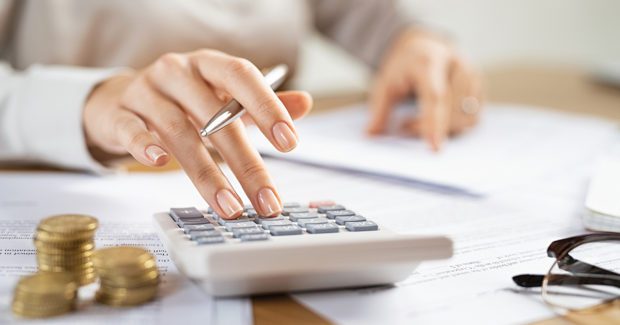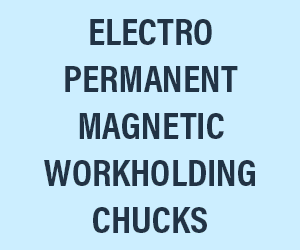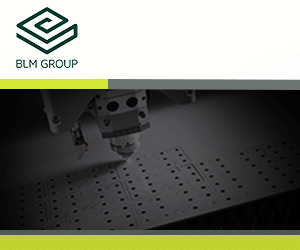Equipment Lease Versus Loan: Which Is Right for Your Shop?
Many machine shop owners are planning to make capital investments within the next year, which includes machinery. There are a few questions you should consult with your lender when dceciding if it’s better to lease or take out a loan.
Posted: November 22, 2021
PROFIT MASTERY
by Julie Murphy
When considering an equipment acquisition for your job shop, you may have wondered, “Should I choose a lease or a loan?” Depending on your industry, the type of equipment you intend to acquire, and your business needs, a loan may be a better option over a lease.
So, what’s the difference?
Equipment Leases
With leasing, you don’t own the equipment outright. Rather, the lender purchases the equipment from a vendor and rents it to you for a monthly payment. At the end of your lease, you can choose to purchase the equipment, renew your lease, or return the equipment.
There are two main types of equipment leases: operating leases and capital leases.
- An operating lease typically has lower monthly payments because it assumes a high residual value (similar to that of a car lease). The payments are typically treated as an expense and are tax deductible. This type of lease gives the business owner the option of owning the equipment at the end of the lease term by paying a Fair Market Value (FMV) purchase price.
An operating lease may be a good option if you have a limited need or short-term contracts and don’t know how long you’ll need the equipment. The total sum of the lease payments is typically lower than the initial cost of the equipment, reducing your financial obligation and providing flexibility as contracts change.
- A capital lease typically has higher monthly payments than an operating lease and is structured more like a loan and typically with a lower residual than an operating lease. The debt and its corresponding asset, including depreciation, are shown on the balance sheet, just like a traditional loan. Even though it looks like a lease, it does not have all the benefits of a traditional lease.
Equipment Loans
With a loan, the customer agrees to purchase the equipment from a dealer. The lender provides the financing on behalf of the customer. Over time, you pay down the principal, plus interest. After making the last payment, you own the equipment free and clear. The equipment will show on the balance sheet as an asset along with a corresponding liability. Equipment loans have become increasingly popular in recent years because of Section 179 — a tax deduction that allows your business to potentially write off the entire purchase price of qualifying equipment for the tax year in which the equipment was purchased. With operating leases, the tax deduction is for the benefit of the Lessor/Lender.
QUESTIONS AND CONSIDERATIONS
When making the decision to acquire equipment, the urgency of the need and the demand on your current equipment are important factors to consider. Understanding these issues will help you determine which acquisition option makes the most sense: lease or loan. If you’re ready to take the next step in financing new or used equipment, there are a few questions you should ask yourself in preparing to speak with a lender:
- Is my business currently profitable, and what can I afford per month?
- Do I have funds for a down payment, or do I prefer to do 100% financing instead?
- Do I have a short-term contract or is this purchase for a long-term need?
- Do I want to own the equipment at the end, or have the flexibility to turn it in and walk away?
Knowing your equipment and business requirements will help you evaluate your best options and terms for a lease versus loan. With that in mind, here are a few additional factors to consider regarding the value and lifespan of the equipment:
- How long do you expect to own the equipment?
- What is the expected utilization of the equipment (i.e., number of service hours)?
- What type of work is being performed and on what type of material?
- How much and how quickly is the equipment expected to depreciate?
- Does the loan amortization meet your goals for potential resale or trade-in value?
Still can’t decide what is the best approach to securing equipment for your machine shop? Let your lender help you run the numbers. They can help you evaluate your options and determine which best fits your budget and company’s needs.
PROS
Leases
- Typically, lower monthly payments than loans
- Payments may be tax-deductible
- Low to no down payments
- Provides greater flexibility
Loans
- You own the equipment at all times (without large residual or balloon payments)
- Immediate tax deductions (under Section 179)
- Ownership – building equity in the equipment
CONS
Leases
- Purchase option required if keeping equipment
- Don’t own the equipment until after the lease has ended (if you choose to purchase)
- No depreciation
- Often comes with some type of usage limitation (hours or miles)
Loans
- Higher payments than a lease
















